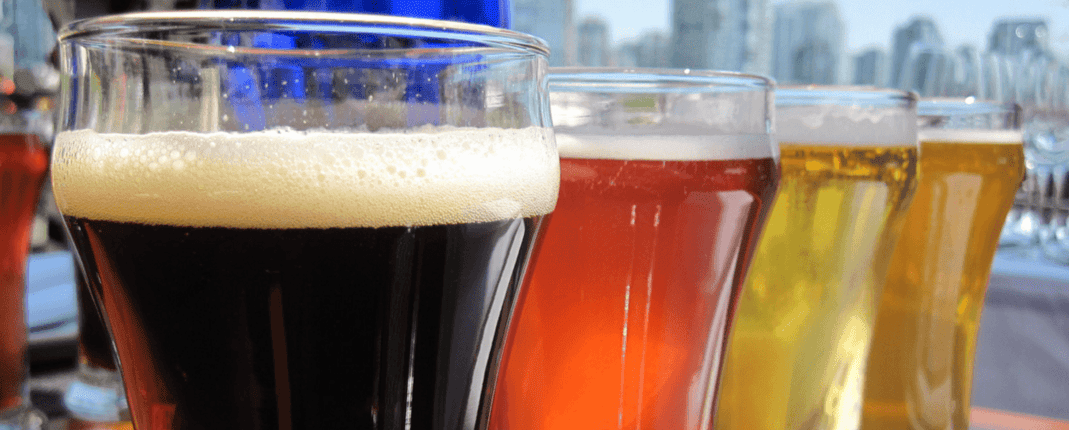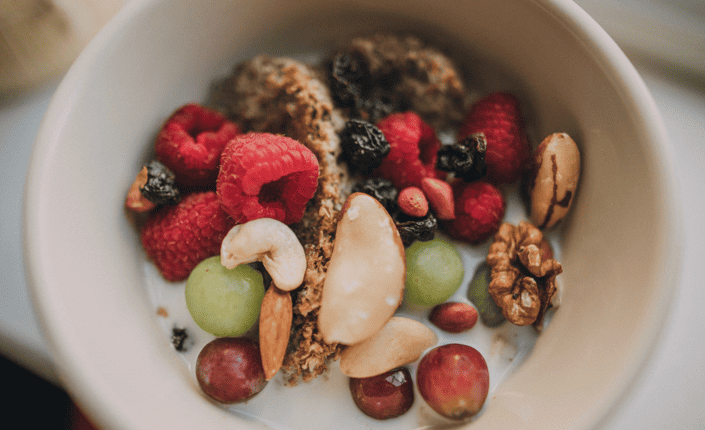7 Foods For Better Sleep

Find it hard to sleep at night? Are you eating right?
Believe it or not, the way you eat can affect how you sleep at night. If you find yourself tossing and turning at night, that might mean that something is going on with your dietary intake. Perhaps you’re not getting enough melatonin? Or maybe you’re not getting enough protein to sustain you during the night?
The good news is, there ARE foods that can help you get a better night’s sleep. So, to satisfy your sleep patterns and get plenty of Z’s at nighttime, check out these 7 effective foods that you can start eating today:
- Almonds
“Almonds are a great source of melatonin, which can promote a great night’s sleep,” says Thomas Jacobs, a tech blogger at UK Top Writers and Elite Assignment Help. “Almonds, like many nuts in general, contain plenty of melatonin for adequate sleep support. MedicalNewsToday suggests that a 1-ounce serving of almonds has 77 milligrams of magnesium and 76 milligrams of calcium, which team up to promote muscle relaxation and sleep.”
- Kiwi
Kiwis are small, oval-shaped fruit that green or gold (with green ones the main variant), and they’re rich in numerous vitamins and minerals (especially vitamins C and E, folate, and potassium). Did you know that if you eat kiwis for 4 weeks, your sleep efficiency will increase, and improve sleep duration? A study from the Asia Pacific Clinical Nutrition Society (APCNS) says so!
- Tart Cherry Juice
Tart cherry juice is another good source of melatonin, which can help aid in getting a good night’s sleep. According to a study done by the National Library of Medicine, when tart cherry juice is consumed for 7 days straight, tart cherry juice provides plenty of melatonin that improves sleep quality and duration in healthy individuals. So, why not skip the caffeine, in exchange for some tart cherry juice?
- Turkey
Now, you may have heard of the old belief that Thanksgiving turkey makes you sleepy after consumption. Well, there may be some truth to that.
According to Scientific American, turkey contains tryptophan, which is one of many amino acids that the body needs since it can’t produce its own proteins. Thus, tryptophan ensures that the consumer experiences slow-wave (non-REM) sleep – or, more specifically, sleep-related serotonin.
- Milk
Sometimes, you might hear that old saying that just one glass of milk can put you to sleep. Why is that?
Healthline suggests that drinking milk may help certain people fall asleep. Why? Because milk tends to contain certain compounds like tryptophan and melatonin, which promote sleep.
So, if a glass of milk is your cup of tea before bedtime, then go for it!
- Salmon
Fatty fish contain a significant amount of omega-3s, which is good for the body. But what if we told you that fatty fish can help with sleep?
You heard right! If you love salmon, then you’ll be glad to know that this fatty fish can help you get a good night’s sleep. According to CookingLight, salmon is high in vitamin B6, which helps the body generate natural sleep hormones, which can be used to give the sleeper plenty of rest at bedtime. Plus, salmon can help you stay full at night thanks to it being a good source of protein, meaning no late-night snacking, which can disrupt your sleep pattern.
- Oatmeal
“Oatmeal is a good source of oats and most whole grains, which gives your body natural melatonin for better sleep,” says Isaac Townshend, a business writer at Revieweal and UK Writings. “According to the National Center for Biotechnology Information, whole grains contain nutrients like magnesium, which works as a natural muscle relaxant by connecting to gamma-Aminobutyric acid receptors, which ensures a good flow melatonin, thus treating the sleeper with a healthy sleep-wake cycle.”
Conclusion
Ultimately, good sleep starts with your dietary intake. So, by taking these 7 foods into account, you don’t have to eat them right before bedtime, but also all day if desired.
To sum it up, here are the foods that are effective for sleep:
- Almonds
- Kiwi
- Tart cherry juice
- Turkey
- Milk
- Salmon, AND
- Oatmeal
By eating right, you’ll be able to manage your daily energy levels, which help with better sleep behaviors. So, what are you waiting for? Start having a good night’s sleep today!
Elizabeth Hines is a writer and editor at Lia Help and Coursework writing. She is also a contributing writer for Study demic. As a content writer, she writes about the latest tech and marketing trends, innovations, and strategies.
NutriFusion®
Just 1 in 10 adults meet the federal fruit or vegetable recommendations, according to a study published in CDC’s Morbidity and Mortality Weekly Report (MMWR). This report highlights that very few Americans eat the recommended amount of fruits and vegetables every day, putting them at risk for chronic diseases.
Studies have shown that supplementation with extracts from fruits and vegetables may improve inflammation and oxidative stress.
NutriFusion develops all‐natural fruit and/or vegetable powders that are nutrient dense for use in foods, beverages, supplements, and pet foods.
NutriFusion can help! Visit us at www.nutrifusion.com
















